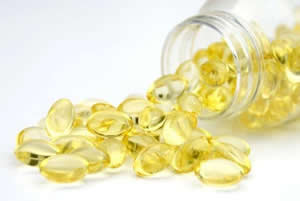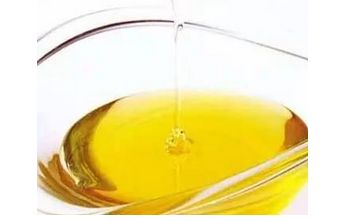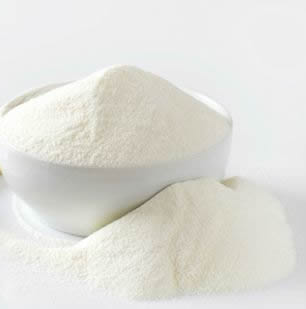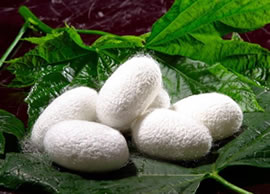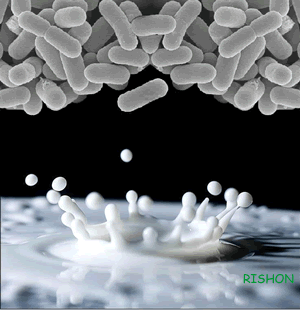Uses & Effectiveness of Sea Buckthorn Oil
Uses & Effectiveness
Possibly Ineffective for
-
Eczema (atopic dermatitis). Early research shows that taking sea buckthorn pulp oil by mouth for 4 months improves atopic dermatitis. However, sea buckthorn seed oil taken by mouth does not have this effect. Also, applying cream containing 10% or 20% sea buckthorn on the skin for 4 weeks does not seem to improve symptoms of mild-to-moderate atopic dermatitis.
Insufficient Evidence for
-
Heart disease. Developing research in China suggests that taking a particular sea buckthorn extract three times by mouth for 6 weeks lowers cholesterol, reduces chest pain, and improves heart function in people with heart disease.
-
Long-term kidney disease (chronic kidney disease or CKD). Early research shows that taking sea buckthorn oil daily for 8 weeks does not help remove waste products from the blood or prevent dry mouth in people undergoing dialysis.
-
Liver scarring (cirrhosis). Early research shows that taking sea buckthorn extract might reduce liver enzymes and other chemicals in the blood that indicate liver problems.
-
Common cold. Early research suggests that consuming sea buckthorn berries in a frozen puree for 90 days does not prevent the common cold or make symptoms go away faster.
-
Digestive tract infection. Early research suggests that consuming sea buckthorn berries in frozen puree for 90 days does not prevent digestive tract infections.
-
Dry eye. Some early research shows that taking a specific sea buckthorn product by mouth decreases feelings of eye redness and burning. Using an eyelid spray containing sea buckthorn helps to reduce feelings of dryness in the eye.
-
Indigestion (dyspepsia). Early research suggests that taking sea buckthorn may help regulate the appetite children with functional dyspepsia. But sea buckthorn doesn't appear to improve the rate at which food empties from the stomach into the intestines.
-
High levels of cholesterol or other fats (lipids) in the blood (hyperlipidemia). Consuming sea buckthorn berries or extracts might lower "bad" cholesterol and increase "good" cholesterol in people with high cholesterol or fatty liver disease not caused by alcohol use. But it's not clear what dose or formulation of sea buckthorn works best.
-
High blood pressure. Early research suggests that taking sea buckthorn by mouth for up to 8 months might reduce high blood pressure similarly to certain blood pressure-lowering drugs.
-
A group of symptoms that indicate kidney damage (nephrotic syndrome). Early research shows that taking sea buckthorn by mouth in addition to standard care helps reduce swelling, improve appetite, and reduce the amount of protein in the urine in people with nephrotic syndrome. It's not clear if these improvements with sea buckthorn plus standard care are better than what would be achieved with standard care alone.
-
Obesity. Early evidence shows that taking sea buckthorn berries, berry oil, or berry extract by mouth does not reduce body weight in overweight or obese women.
-
Scaly, itchy skin (psoriasis). Early research shows that using sea buckthorn oil on the skin helps to reduce the scaly skin in people with psoriasis.
-
Thinning of vaginal tissue (vaginal atrophy). Early research suggests that taking sea buckthorn oil daily does not improve symptoms of vaginal thinning in postmenopausal women.
-
Esophageal damage caused by reflux of stomach contents (gastroesophageal reflux disease, GERD).
-
Acne.
-
Aging.
-
Arthritis.
-
Asthma.
-
Burns.
-
Cancer.
-
Cancer therapy side effects.
-
Chest pain (angina).
-
Cough.
-
Cuts.
-
Diabetes.
-
Dry skin.
-
Gout.
-
Heartburn.
-
Immune system booster.
-
Pressure ulcers.
-
Skin wrinkles from sun damage.
-
Stomach ulcers.
-
Sunburn.
-
Vision disorders.
-
Wounds.
-
Other conditions.
- Back:Omicron BA.2 subvariant is more contagious and can reinfect people [2022-02-27]
- Next:Overview of Sea Buckthorn [2021-07-02]


